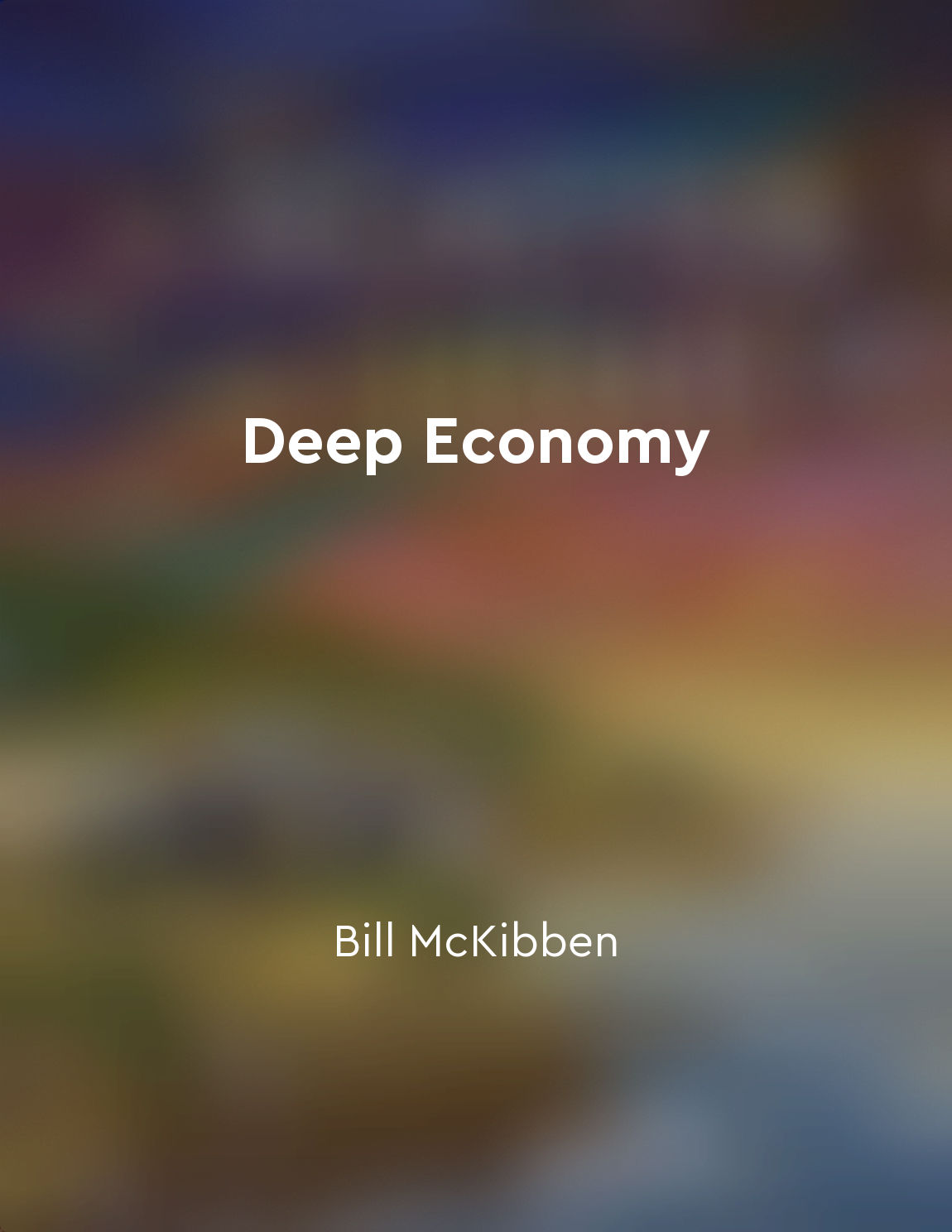Economic inequality sparked social unrest from "summary" of The Story of Mankind (Updated Edition) (Liveright Classics) by Hendrik Willem van Loon,John Merriman
Economic inequality has long been a source of discontent among the masses. When a small minority holds the majority of wealth and resources, while the rest struggle to make ends meet, tensions inevitably arise. This unequal distribution of economic power creates a sense of injustice and unfairness among the population, leading to social unrest. Throughout history, we have seen numerous examples of how economic inequality has sparked protests, uprisings, and revolutions. The French Revolution, for instance, was in part fueled by the vast disparities between the wealthy aristocracy and the impoverished peasantry. The lower classes, burdened by heavy taxes and struggling to afford basic necessities, rose up against their oppressors in a bid for equality and justice. Similarly, the Industrial Revolution brought about significant economic disparities between the factory owners and the laborers. As industrialists amassed wealth and power, workers toiled in dangerous conditions for meager wages. This stark contrast in living standards and opportunities led to labor strikes, protests, and ultimately the rise of labor movements demanding better working conditions and fair wages. In more recent times, we have witnessed how economic inequality has contributed to social unrest in various parts of the world. The Occupy Wall Street movement, for example, emerged as a response to the growing wealth gap in the United States, with protesters calling for economic justice and an end to corporate greed. In developing countries, the unequal distribution of resources has fueled political instability, civil unrest, and even armed conflicts.- Economic inequality is not merely a matter of numbers and statistics. It is a deeply ingrained social issue that touches upon fundamental questions of fairness, justice, and human dignity. When a significant portion of the population is marginalized and disenfranchised due to economic disparities, it can lead to widespread discontent and upheaval. As history has shown us time and again, addressing economic inequality is not just a moral imperative but also a crucial step towards ensuring social stability and harmony.
Similar Posts
Population growth strains resources
The relentless increase in the number of people living on Earth inevitably strains the planet's resources. This basic fact is w...

Building resilient communities is essential for the future
In the face of looming challenges like climate change and economic inequality, it is clear that our current way of life is not ...

The pursuit of profit often conflicted with the public good
In the modern industrial society, the pursuit of profit is the primary goal of businesses. Companies strive to maximize their e...
Dilapidated infrastructure symbolizes societal neglect
Dilapidated infrastructure is a visible sign of neglect in a society. When bridges crumble, roads are pitted with potholes, and...
Economic crises are a result of policy failures
Economic crises do not occur out of the blue. They are not acts of God. They are man-made disasters, resulting from policy fail...

The rise of political authority solidified social stratification
With the rise of political authority, a significant transformation occurred in society. As power became centralized in the hand...
Corruption exacerbates disparities
Corruption, that eternal scourge of societies, has a particularly pernicious effect on the distribution of income and wealth. B...

Overcoming inequality requires a fundamental shift in societal values
The root of inequality among mankind lies in the societal values that have been ingrained over time. These values dictate how i...
Mass immigration is changing the demographic makeup of Western countries
In the West, mass immigration is altering the very essence of our societies. The arrival of millions of newcomers from differen...

